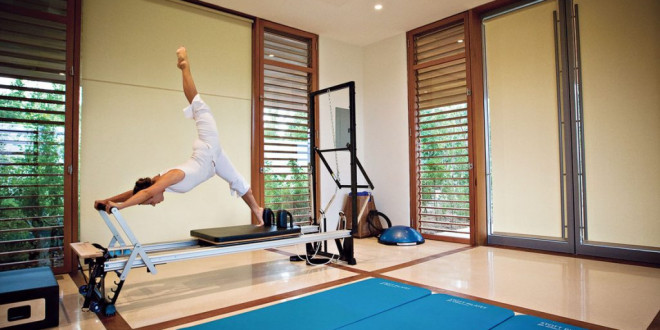[ad_1]
Harsh cold weather and dry indoor heat can take its toll on skin this time of year – wind chaps skin & lips, cold temps flush the skin, dilates capillaries and your skin looks red. For the hyper-sensitive complexion it's never ending eczema, psoriasis, or rosacea. Sound familiar?
Why does this happen?
The oils and waters in and around your skin's basal cells make up your lipid barrier. A healthy lipid barrier limits the possibility of bacterial infections thanks to its acidity. The skin also prevents many chemicals from entering the body, keeping irritants out and moisture in.
But when environmental aggressors attack the outer most layer of skin, it's like a sledge hammer going right through a roof. This creates fissures or openings through which skin irritants can enter and also, moisture can escape.
So what's the solution? Here are a few tips:
1) Moisture is your friend! Add a humidifier to your bedroom, but avoid hot showers, steam rooms, and sauna baths which dry the skin out. Also avoid skin care products that contain alcohol, propylene glycol, and glycolic acids. Moisturize, moisturize, moisturize the skin daily, especially after bath or shower, and every time you wash your face or your hands.
2) Use skin products for sensitive skin, specifically designed to repair the lipid barrier – ingredients like dimethicone and allantoin are FDA recognized as over the counter skin protectants. Use an intense moisturizer at night – look for products with soothing ingredients like Shea and murumuru butter. Products that contain aloe vera and chamomile, further de-stress red and irritated skin
3) Use sunscreen daily to protect skin from sun as well as more water loss. Avoid harsh physical or chemical exfoliants, but do use a gentle exfoliant that also conditions the skin to slough off dry, dead skin.
4) Keep temperatures moderate indoors. Avoid using washcloths or loofahs, and use only a smooth sponge on your skin.
5) Substitute a soap-free gentle cleanser for your daily cleanser. For extremely irritated red patches, apply a skin lotion containing hydrocortisone to treat the underlining inflammation of the skin.
6) Whatever skin treatment you are using on your face, also apply to your hands. When the barrier is broken on your hands there is a huge opportunity for bacteria to enter the skin causing severe inflammation and redness.
7) Instead of frequently washing your face in the winter, blot away oil with blotting papers. The skin around the eyes is the most delicate, so be sure to use plenty of eye cream at night on the orbital bone above the eye (never on the eyelid) and on the sides of the eyes over the crows feet to hydrate and protect.
Look for skin care products that contain a new ingredient called RFp3. It's a new peptide technology which effectively shields the skin against biological and environmental aggressors that trigger inflammation, breakouts and aging. Peptides are revolutionary ingredients with amazing results.
[ad_2]
Source by Debra Schulenburg

